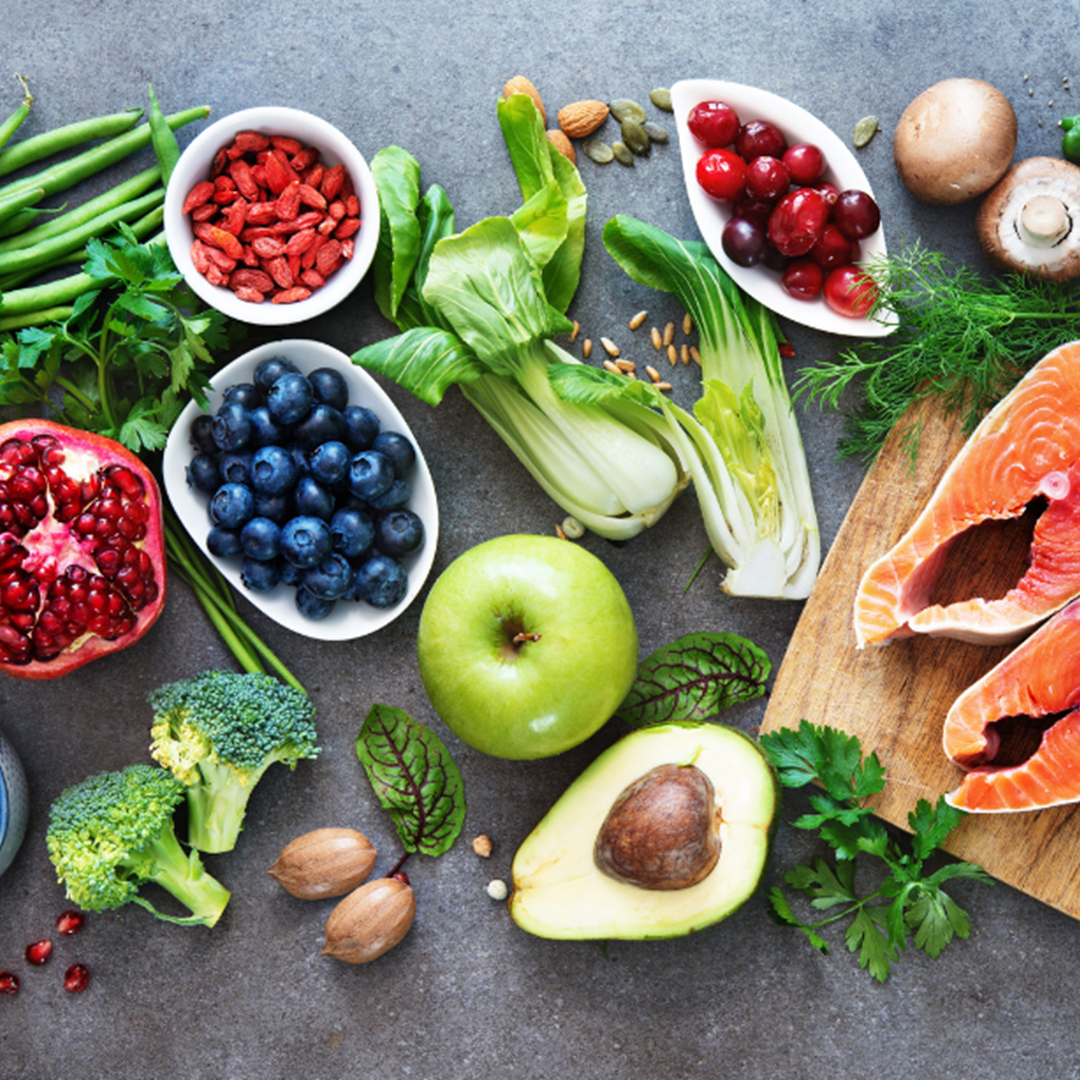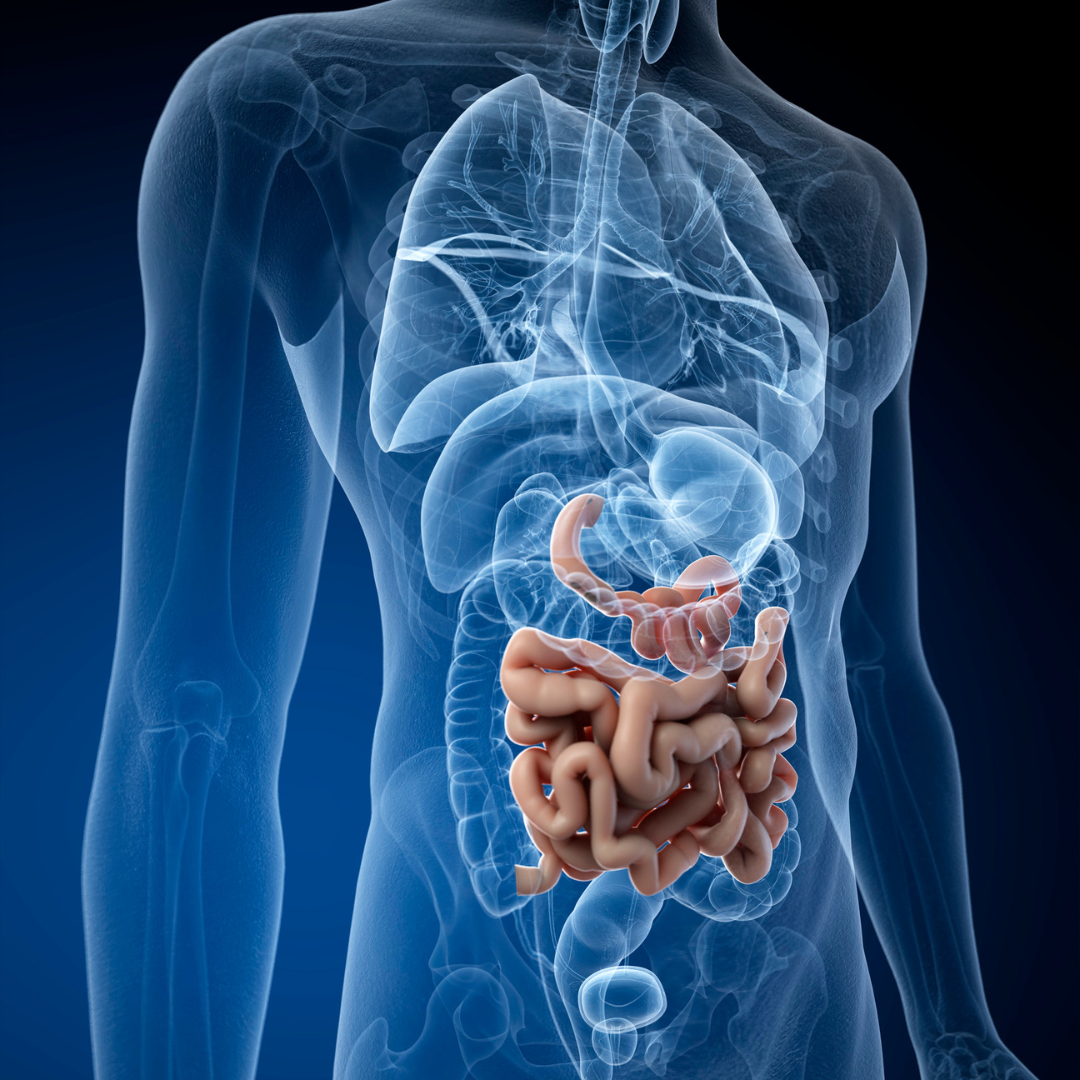The Challenges of Cellular Agriculture
At the beginning of June he was born Cellular Agriculture1, a non-profit organization created with the vision of establishing the Spanish cellular agriculture ecosystem as a world reference.
The current food production system is facing challenges such as climate change, animal welfare, food safety and changes in consumer preferences. This system, quite inefficient and based on many unsustainable practices, cannot meet the future needs of the planet. In order to address these problems, the field of complementary proteins, also known as plant-based proteins or meat substitutes. Although its origin dates back decades, it is not until the creation of pioneers such as Beyond Meat (2009) and Impossible Burger (2011), that the field gains visibility and attractiveness. Since then, the field of complementary proteins has experienced exponential growth, with large investments in research and development both by new startups and established companies in the food sector.

In the field of complementary proteins, four main verticals stand out: plant-based ones, fermentation2, cultured meat3 and the new molecular agriculture. Among these technologies, there is a subgroup known as cell agriculture, which includes cultured meat and precision fermentation4. In Europe and in recent years, the number of startups dedicated to cellular agriculture has increased considerably, attracting large investments and talent. This is due to the combination of having a large university and research infrastructure, excellent capacity for innovation and knowledge transfer, and access to public funds. However, there is a lot of work to be done. Compared to countries such as Singapore or the United States, investments are not enough and Europe lacks an explicit regulatory process for the approval of New products5, making it difficult for them to access the market. In addition, European consumers are conservative with new products and protective with culinary culture.
In Spain, although it is at an early stage, there are examples of companies in each sector of cellular agriculture. In the fermentation of biomass, there are companies such as Libre Foods, Innomy Labs, MOA Foodtech and Essencia Foods. In precision fermentation, Real Deal Milk stands out, while cultured meat stands out Cubiq, Grow Meat and BioTech Foods. In addition, an environment of enabling companies is being formed, such as Coquus and NovaMeat in 3D printing, Cocoon in cell growth media, and Culzyme, Bionet, TECNIC and several research and innovation centers in bioreactors. Thanks to this, Food Hubs have been established in Madrid and Barcelona, and international organizations such as The Good Food Institute, ProVeg, Food Forwarding and Norrsken are establishing their headquarters in the country. Spain has an immense biotechnological and FoodTech development, as well as a world-renowned culinary culture, which gives it great potential to become a leading international ecosystem.
In this context and with the help of industry professionals, Cellular Agriculture was born, with the objective of encouraging the advancement and adoption of cellular agriculture to address current food system challenges and build a more sustainable and efficient food production system. The main pillars of the partnership include create an ecosystem with experts, organizations and companies, create a strategy with improvements in the scientific, legal and regulatory framework to promote the production, regulation and acceptance of cell agriculture products, educate individuals and organizations about cell agriculture, and promote and enable collaboration, technological development and knowledge transfer at the national and international levels. The first step of the partnership will be to bring together companies, organizations and institutions in the country to determine a specific strategy for their needs, with an emphasis on establishing efficient, fair, and evidence-based regulations for the introduction of new products, and ensuring infrastructure for the expansion of the field. In addition, attract public funding for research and outreach in universities and R&D centers.

Members of the association Cellular Agriculture
As its promoters say, this is just the beginning. Cellular agriculture has many challenges ahead of it and can only be tackled collaboratively. For more information, you can contact Jordi Morales Dalmau, co-founder of Cellular Agriculture at comunicacion@agricultura-celular.com
1 https://www.agricultura-celular.com/
2 There are three types of fermentation; traditional, biomass and precision.
3 The current nomenclature in Spanish is confusing, since other products that are not meat are included, such as fat and milk. In English they are called cell-based products or cell-cultivated products.
4 The inclusion of biomass fermentation and molecular agriculture in the group is under discussion. The common point is that they are under the jurisdiction of the Novel Food Regulation.
5 Regulated by EFSA, https://www.efsa.europa.eu/en








